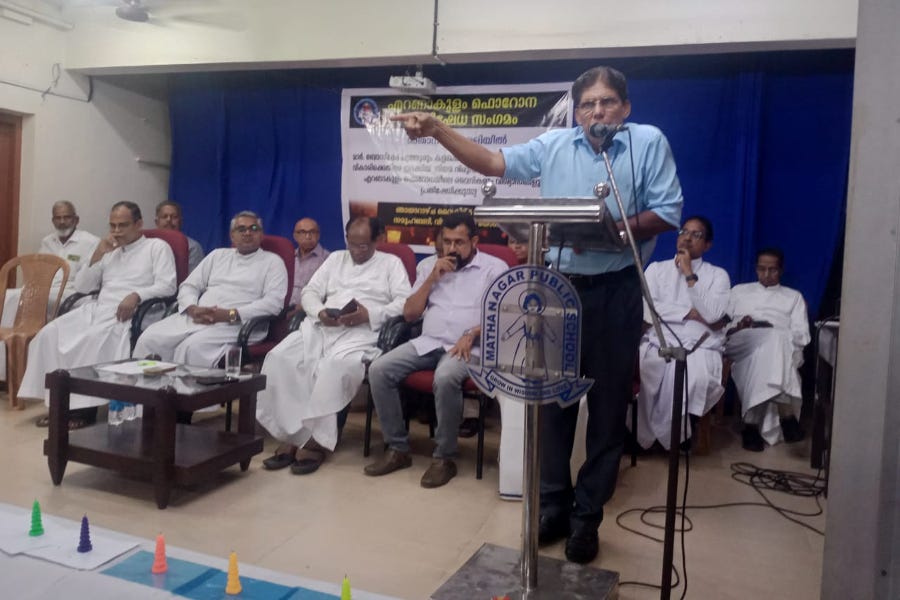Tribunal to rule on 4 priests accused of defying liturgy orders
The disciplinary proceedings come amid a push to impose a new version of the Syro-Malabar Church’s Eucharistic liturgy.
A special disciplinary tribunal will consider the cases of four priests accused of defying orders related to the introduction of a new “uniform” liturgy in India’s Syro-Malabar Archeparchy of Ernakulam-Angamaly.

The archeparchy an…
